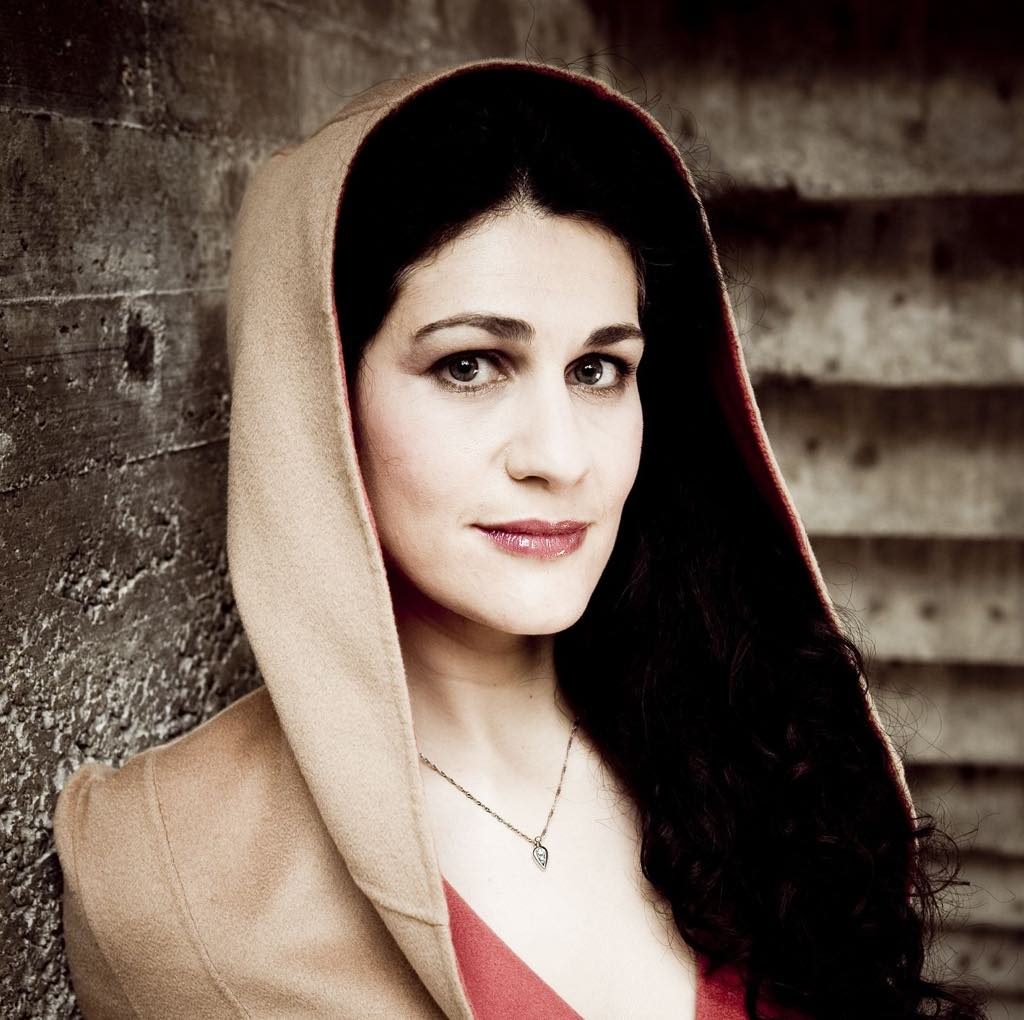Even though opera and ballet inevitably dominate the schedule at Paris Opera’s two locations, the occasional one-off event is worth signaling, especially when it is a recital at the Palais Garnier by the German soprano Anja Harteros, who will be returning next season to the Opéra Bastille to sing the role of Amelia in Verdi’s A Masked Ball.
Harteros, whose international career was launched in 1999 when she won the Cardiff Singer of the Year competition, performed a delightful selection of lieder by Schubert, Schumann, Berg and Richard Strauss last Sunday, on the same evening that the final of this year’s Cardiff prize was taking place.
Without being heavy-handed, the program chosen by Harteros and pianist Wolfram Rieger had subtle thematic links: the first two Schubert songs were about fishermen and fish, for example, and the Schumann offerings were linked by the theme of tears.
The German art-song offers the singer challenges very different from those posed by opera roles, for each piece inhabits a different sound world and character, demanding wide vocal and emotional ranges. Harteros was more than up to the task, starting with a deceptively light (even thin) tone for the opening Schubert songs before exploiting the fullness of her vocal range in the Berg and Strauss.
Her complete control of her material extended to the audience itself. When one misguided but enthusiastic soul cried out “Bravo” after one song in the middle of a set, he was silenced by a withering look from the soprano, who even held her fingers to her lips to shush him.
The performance by both singer and pianist of “Ich wandelte unter den Bäumen” (from Schumann’s song-cycle “Liederkreis”) was the highlight of the first half for me. The way Harteros colored her voice to reflect both the lonely poet’s voice and that of the bird was genuine and moving (unlike some other singers, whose performance of the bird’s song can seem mannered and arch).
Keeping to the bird theme, the delivery of Berg’s ecstatic “Die Nachtigall” (part of the composer’s “Seven Early Songs,” all of which were sung in this concert), with the wide range required of the singer, stood out for me in the second half.
Most poignant of all was Harteros’s delivery of Strauss’s “Allerseelen,” which seems at the beginning to be a celebration of young love but ends with the poet mourning his lover’s death and absence.
Such was the symbiosis and subtlety of both Harteros and Rieger’s performance that I might have been tempted to utter a “Bravo” along with the man who cheered out of turn, but the memory of Anja Harteros’s disdainful look made me refrain until the very end, when the audience demanded and received three encores.
Favorite
